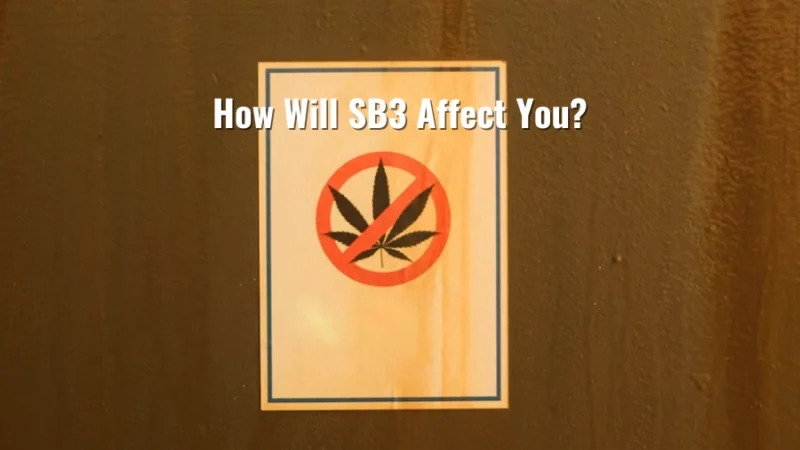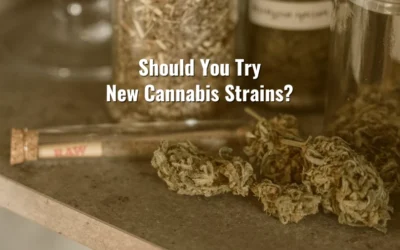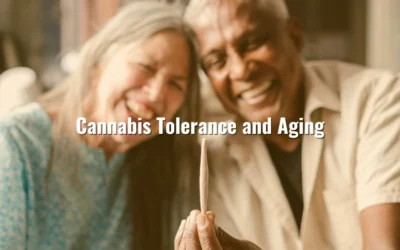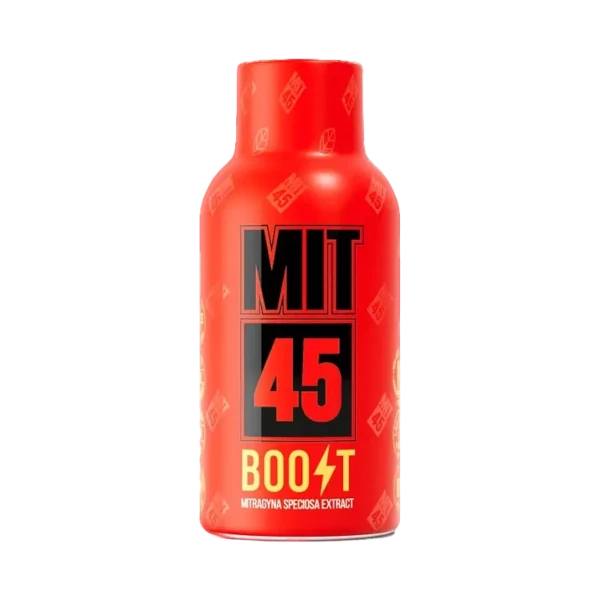If you have already heard about the Texas Senate Bill 3 you know it’s more than just another update to cannabis policy. It’s a sweeping proposal that, if passed, would aim for nearly every product our customers have come to rely on. Delta 8 THC, THCA flower, edibles, and just about anything with THC in it.
SB3 doesn’t tweak a few rules. It drops a legislative hammer on dispensaries and everyday Texans who’ve come to rely on a wider range of cannabinoids for focus, sleep, discomfort management or simply winding down after a long day. We’ve seen laws shift before. We’ve adapted, evolved, and stayed compliant every step of the way. But SB3 is different. The scale, the impact, the speed, it all adds up to something we can’t ignore.
So, no, we’re not staying quiet. Because if this bill passes, it won’t just change the shelves. It’ll change the entire landscape.
Blog Summary:
There’s a lot of confusion around SB3. This blog breaks it down in plain language so you can stay informed and prepared. Learn:
- What SB3 proposes.
- How the bill redefines legal access to cannabinoids in Texas.
- Why customers and small businesses alike are raising the alarm.
- How compliance rules and penalties are tightening across the board.
- What will still be legal.
- Simple ways you can speak up and protect your rights.
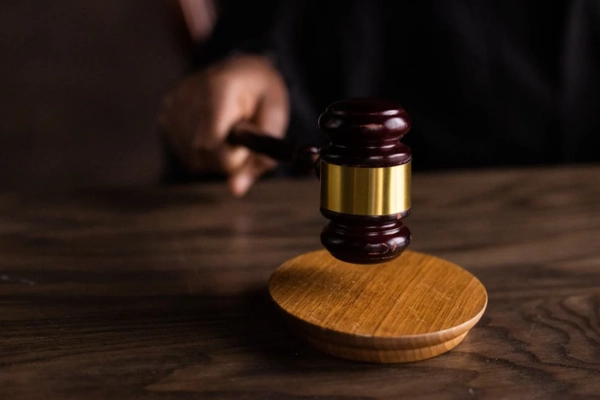
Table of Contents:
- What is SB3?
- What Gets Banned
- What Stays
- What They’re Not Saying
- How This Affects You, Our Customers
- Why the Safety Argument Falls Apart
- The Economic Fallout
- What You Can Do
What is SB3?
SB3 is a proposed Texas law that would ban the sale of any consumable hemp product containing THC, no matter the source, format, or concentration. The only cannabinoids that would remain legal in consumable products are CBD and CBG.
But the bill doesn’t stop at product bans. It introduces steep licensing fees for retailers and manufacturers, sets strict rules around packaging, imposes new lab testing protocols, and hands out serious criminal penalties for violations.
It also prohibits delivery services and puts tight restrictions on where and how products can be sold, including limitations near schools and to anyone under 21.
What Gets Banned
If SB3 passes, the products that make up the core of most dispensary shelves will be pulled overnight. That includes infused gummies, vapes, cartridges, tinctures, pre-rolls, THCA flower, and any other consumable that relies on THC beyond trace amounts.
These aren’t fringe items. They’re the bestsellers. The ones our customers ask for by name. The ones with specific terpene blends, dialed-in cannabinoid ratios, and effects tailored for everything.
It also reinforces the ban on smokable hemp products, a restriction that many in the industry had hoped Texas would move past, not double down on. Under SB3, even products like CBD-rich flower remain strictly prohibited for in-store sale, regardless of whether they contain intoxicating levels of THC.
It doesn’t matter if the product is non-psychoactive, lab-tested, or sold responsibly, the act of smoking hemp itself continues to be criminalized. For consumers who prefer inhalation for fast-acting relief, this wipes out one of the most accessible and effective delivery methods.
But the restrictions don’t stop at what’s on the shelf. Shipping hemp products by mail or courier? That becomes illegal too. Even if the product is fully compliant with state guidelines, sealed in tamper-proof packaging, and destined for a legal adult customer. We know quite well how this will impact rural customers, medical users, and anyone without a local retailer.
Then there are the compliance restrictions that tighten the noose even further. These may not all be new under SB3, but they’re reaffirmed and backed with harsher penalties. We are talking about No sales to anyone under 21, no sales within 1,000 feet of a school, no health or medical claims on labels, and no packaging that could appeal to minors.
What Stays
Technically, CBD and CBG products stay legal under SB3. But if we are being honest, that’s not really a win. That’s more like the bare minimum repackaged as a concession.
CBD and CBG have their place. They always will. But anyone who’s actually paid attention to the evolution of this industry knows they’re only part of the picture. The real progress, the fine-tuned formulations, the balanced blends, and the products tailored to specific effects, came from a broader cannabinoid palette.
It doesn’t look like is about outlawing dangerous products. It’s about limiting legal access to anything beyond a narrow, state-approved definition of “safe.” You can still sell CBD, sure, but only under strict packaging rules, higher fees, tighter inspections, and the looming threat of felony charges if you get one detail wrong.
What They’re Not Saying
By selling SB3 as a safety measure, lawmakers are not talking about the small businesses that will shut down because of this decision. The shop owners who invested in compliance, built trust with customers, and hired locally. The farmers, extractors, packagers, drivers, designers. The entire ecosystem that’s powered this industry across Texas.
They’re not talking about the thousands of Texans who rely on these products daily. Not as a lifestyle flex, but as part of a real routine. People managing stress, sleep, focus, and recovery. Many of whom have already tried everything else. What happens to them when their go-to product disappears overnight?
And they’re definitely not talking about who this actually helps. Because it’s hard to find a real answer. It doesn’t offer protection. It doesn’t solve the core issues. What it does is clear the field for bigger players and slower systems, while leaving regular Texans with fewer options and less control.
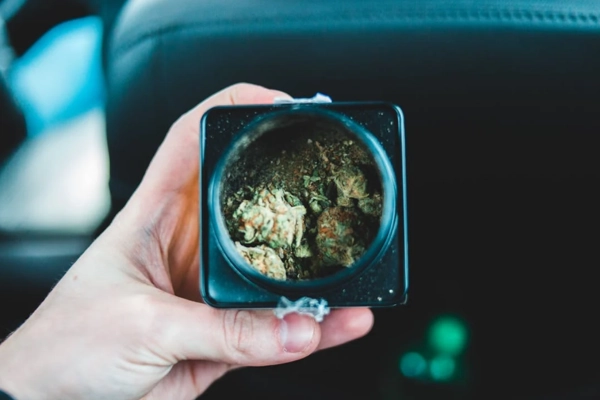
How This Affects You, Our Customers
If SB3 moves forward, things are going to shift fast. The products many of you rely on won’t be available. Not because they were faulty or mislabeled, but because the bill draws a hard line that leaves no room for nuance.
Your options will narrow to what’s still allowed, just CBD and CBG. And that’s just not the same. It’s a smaller range with fewer effects, and it won’t meet the needs of everyone who walks through our doors. You’ll feel that not just in selection, but in experience.
And yes, prices may go up. With fewer legal choices and more compliance hurdles, the cost of staying open and doing things right increases. We’ll do everything we can to keep things accessible, but we want you to know why things might look different everywhere. It’s about access. About maintaining the right to choose what works for you, without having to compromise on safety or transparency.
Why the Safety Argument Falls Apart
SB3 leans hard on the language of safety. But if that were the real concern, we’d be having a different conversation.
If you are not new here, you know responsible operators in this space are already doing the work: third-party testing, QR-coded COAs, strict sourcing standards, and transparent packaging. That’s not the exception, it’s the baseline for shops that care about quality and longevity.
What SB3 does instead is remove that framework altogether. It forces entire categories of products out of the legal system, where there’s oversight, and into the shadows, where there isn’t. That’s where real risk lives. Misleading labels, synthetic additives, zero accountability. If safety is the goal, bans don’t get us there. Regulation does. Education does. Access to tested products does.
The Economic Fallout
Let’s talk numbers. According to the Legislative Budget Board, the state stands to lose an estimated $27 million in tax revenue over just two years. That’s a direct hit, and it doesn’t account for the ripple effects: closed storefronts, canceled contracts, lost jobs, and halted investment across the board.
Small shops will feel it first. Most don’t have the margins to absorb $20,000 in annual fees, plus product losses, packaging updates, and legal consultations. For many, this will be an exit point. Upstream, it’s no better. Farmers, processors, logistics providers, and everyone tied into the production and distribution chain, take the same hit.
The cannabis space in Texas has created thousands of jobs without subsidies, without bailouts, and without asking for special treatment. It grew because people showed up, all building something that worked. SB3 pulls the plug on that momentum. And there’s no replacement waiting in the wings.
What You Can Do
SB3 hasn’t passed yet. That means there’s still time to speak up. In our community, we know very well what this situation feels like. Most of us have many, MANY years fighting for our rights, but some might be wondering exactly what can they do.
Here’s what we suggest:
- Contact your representatives: Let them know how this bill would impact you, whether you’re a customer, a patient, a business owner, or someone who just believes in responsible access. Be clear, be respectful, and be direct. You can find your rep’s info here.
- Share this with your community: Most people still don’t know what SB3 really does. Forward this blog. Start the conversation. When more people understand what’s at stake, it gets harder for lawmakers to push this through quietly.
- Support local businesses: Every purchase from a compliant, independent shop helps keep the lights on and the conversation alive. If there are products you rely on, now’s the time to stock up and stay informed.
- Sign petitions: Several advocacy groups are already organizing against SB3. We’ll keep sharing those links as they go live because coordinated action works.
This isn’t about politics. It’s about access, accountability, and making sure decisions about cannabis in Texas include the people who actually use it.
At Delta 8 THC Austin, we’re trying to do more than just stocking shelves. We’re trying to help you stay informed and we’re speaking out. If you have questions about SB3 or what it means for your favorite products, come talk to us. Stay connected. Stay empowered.
